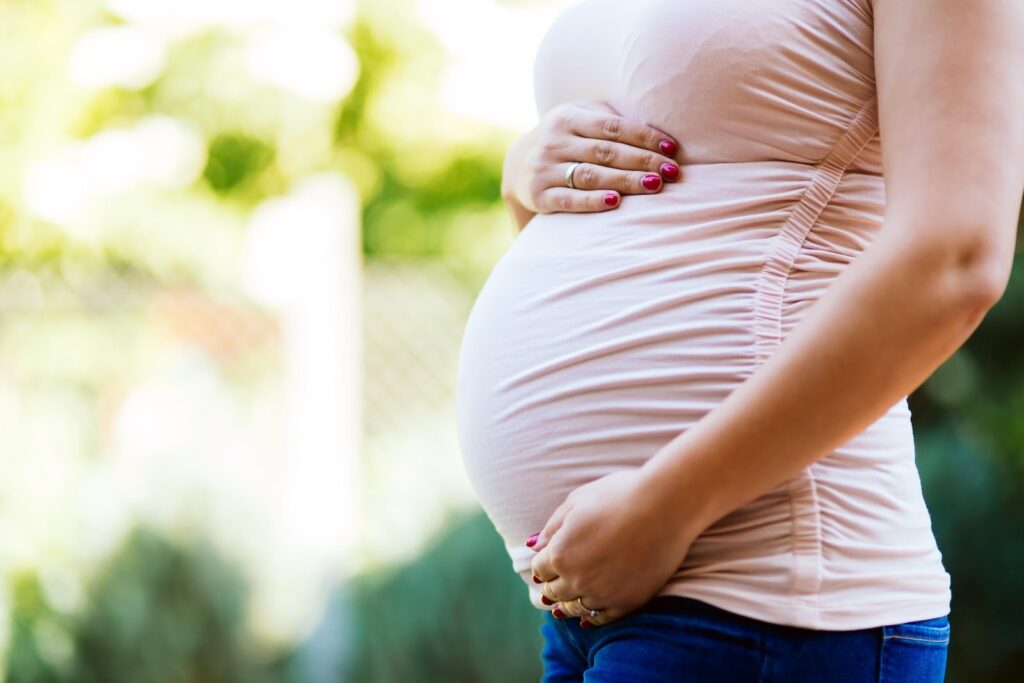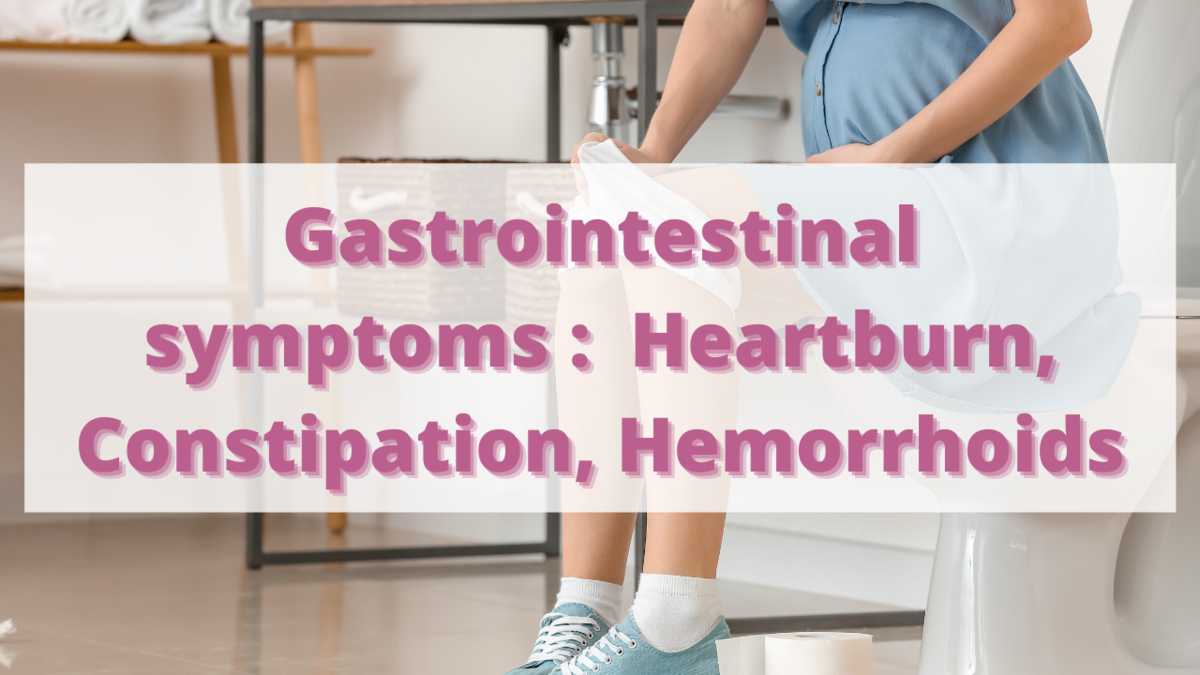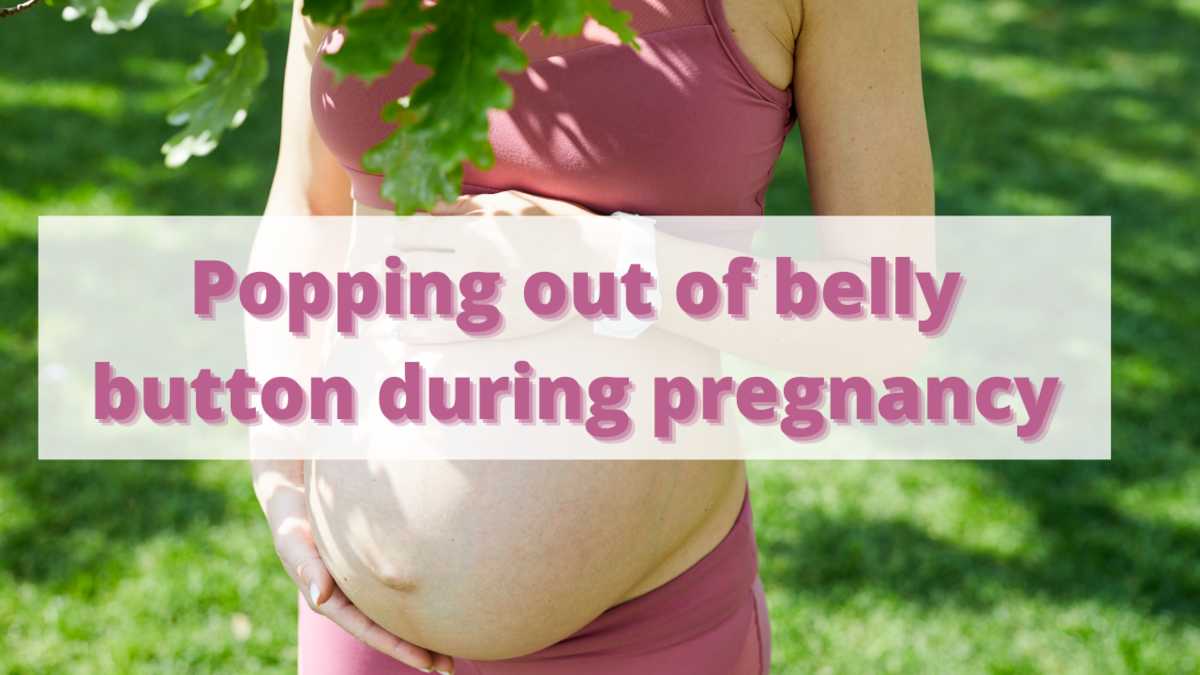In the third trimester, breathlessness may increase as your baby continues to grow.
Shortness of breath often starts during the second trimester of pregnancy. In the third trimester, breathlessness may increase as your baby continues to grow. This is generally harmless and does not affect the amount of oxygen your baby gets. However, though rare, in some instances these symptoms can indicate a more serious condition.

What causes shortness of breath?
- In the third trimester of pregnancy, the uterus pushes up against your diaphragm as it grows. The diaphragm is moved up about 4 centimeters from its pre-pregnancy position. This compresses your lungs, limiting their ability to fully expand when you take a breath and causing you to feel like you’ve just run a marathon when you’ve only climbed a flight of stairs.
- This doesn’t mean, however, that you’re getting less oxygen as at the same time that your lung capacity decreases, the respiratory center in the brain is stimulated by the hormone progesterone to get you to take slower breaths.
- Progesterone is released during pregnancy so although each breath may bring in less air, the air stays in the lungs longer so you extract the oxygen you and your baby need.
- Your body also expands your blood volume during pregnancy to make sure your baby is also getting enough oxygen.

What are the ways to overcome shortness of breath during pregnancy?
Shortness of breath can be uncomfortable, but there are ways that you can breathe more comfortably. Though you can’t completely relieve this common pregnancy symptom, there are some things you can do to help ease it a little bit.
- Practice good posture: Make sure that you stand up straight with your shoulders back and your head lifted. Proper posture gives your lungs a little more room to do their job.
- Sleep propped up on your left side, which is the best position for circulation. To put less pressure on your lungs, prop up your upper body with pillows.
- Exercise:
- Aerobic exercise which improves your breathing and lowers the pulse rate can be done post consulting with your doctor.
- Practice yoga as breathing is central to yoga practice, and the extra stretching can improve your posture and give you more room to breathe.
- Relax: The more anxious you become about shallow breathing, the shallower your breathing will become. It’s also important to rest when you feel tired.
- When you feel breathless, slow down. Rushing makes your heart and lungs work harder.
- You can also consciously breathe in a way that raises your rib cage; check that your ribs push out against your hands as you inhale deeply.
- Lift your arms over your head. By taking pressure off your rib cage, you can breathe in more air.
What are the risks associated with shortness of breath?
You should look out for warning signs in the unlikely case that your shortness of breath indicates that something is not normal:
- Asthma
- Asthma can get worse during pregnancy, hence discuss with your doctor if this could be making your shortness of breath worse during the third trimester.
- Anemia
- Breathlessness can sometimes be caused by anemia during pregnancy due to a depletion of oxygen-carrying red blood cells. To diagnose anemia, your doctor can check your iron levels and may prescribe iron supplements.
- Pain or persistent cough
- If you feel pain while taking deep breaths, experience fast breathing, or sense an increase in your pulse, contact your doctor immediately. These could be signs you have passed a blood clot to your lung. This is also known as a pulmonary embolism.
- Contact your doctor immediately if you have a cough that lasts for more than a few days or your lips or fingertips seem to be turning bluish, or if you have chest pain and a rapid pulse.
How long does shortness of breath last?
You might feel significantly less short of breath towards the end of your pregnancy when your baby drops down into your pelvis, freeing up room for your lungs.
Conclusion
It is normal to feel a mild breathlessness during pregnancy. Talk to your health care provider immediately if your breathlessness becomes severe or comes on very suddenly.
Special thanks to Dr Anand Nanavati (MBBS , DNB ( obstetrics and gynaecology ) , MRCOG ( UK ), Specialists in IVF and infertility) for expert advice.







